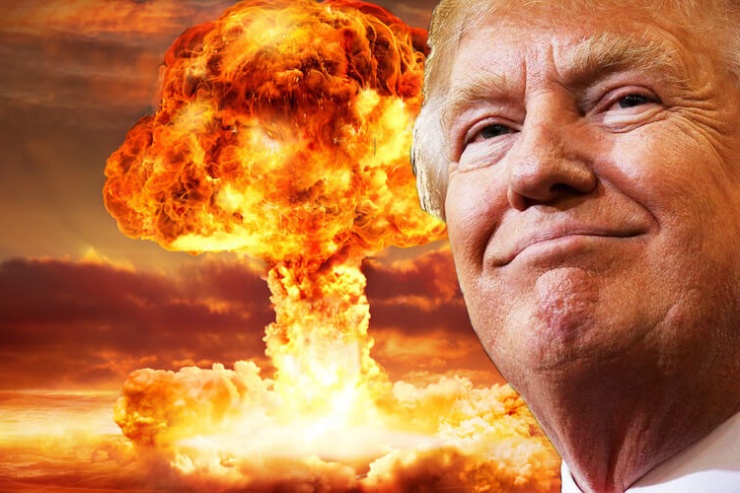
Following the approval of new tariffs by the US on China, Treasury Secretary Steven Mnuchin has indicated that he is optimistic about reaching an agreement with the Asian giant to avoid a trade dispute. Trump’s administration aims to jump-start China’s commitment to reduce the trade deficit by $100 billion with lower tariffs on U.S. automobiles, more semiconductor exports and greater access to China’s financial sector by U.S. companies. South Korea manages to be exempted from steel tariffs in exchange for a quota for its imports into the US. The US Treasury Secretary acknowledged in an interview with Fox News on Sunday that they are holding “productive talks” with China and said he is hopeful of reaching an agreement. Mncuchin’s words come after Trump announced specific tariffs on Chinese products, fines and complaints to the World Trade Organization (WTO) for alleged trade law violations worth $60 billion.
The same day Trump told Mnuchin to propose new investment restrictions to Chinese companies within 60 days to protect strategic US technologies. The US President has publicly acknowledged that the goal is to reduce the trade deficit with China by $100 billion. Following the President’s signing, China responded with the announcement by imposing tariffs of up to US$3 billion (2.4 billion euros) on imports of some US products to compensate for losses caused by China’s steel and aluminium tariffs.
Points of agreement
Mnuchin said in the interview that the two countries agree to “reduce the deficit to a certain extent” and “we are trying to reach an agreement for fair trade, which means opening their markets, reducing their tariffs” and stopping what he considers to be “forced technology transfer” in the US.
Both Mnuchin and Trade Commissioner Robert Lighthizer detailed a list of specific demands on China to stop the battery of tariff measures, according to The Wall Street Journal. Petitions include reduced taxes on American cars, increased U.S. semiconductor purchases and increased access to China’s financial sector. Mnuchin is studying to travel to China to negotiate conditions in person. The US will proceed to apply the tariffs unless we have an acceptable agreement in which the president gives his approval’, Mnuchin stressed.
The list of specific products does not mention soybeans or airplanes, by quantity the two most exported items from the USA to China. Washington wants US vehicles to have better conditions to enter the Chinese market. Currently, they bear a 25% tariff. Despite this, automobiles are the third most important product in China’s imports from the USA. In 2017, they reached 10.6 billion, an 8% increase over 2016.
Is World War III coming?
On the other hand, China bought 2.6 billion dollars of semiconductors from the US last year, which only represents 1% of the total imports of this product made by the Asian giant last year. “We are not afraid of a trade war, it is not our goal”, but he added that they are ready to take action. So far, Trump has decided to leave out of trade measures its North American partners – Canada and Mexico – as well as the countries of the European Union (EU), Australia, Brazil and Argentina, with steel and aluminum taxes.
The last country to benefit from the exemptions was South Korea, while the two countries are renegotiating the free trade agreement between the two countries (KORUS FTA). Mnuchin has said he does not expect to see much impact on the economy after the controversial protectionist tariffs come into effect. “I don’t expect to see much impact on the economy. But again, I think what we are doing is, in the long run, very good for the economy,” Mnuchin said.